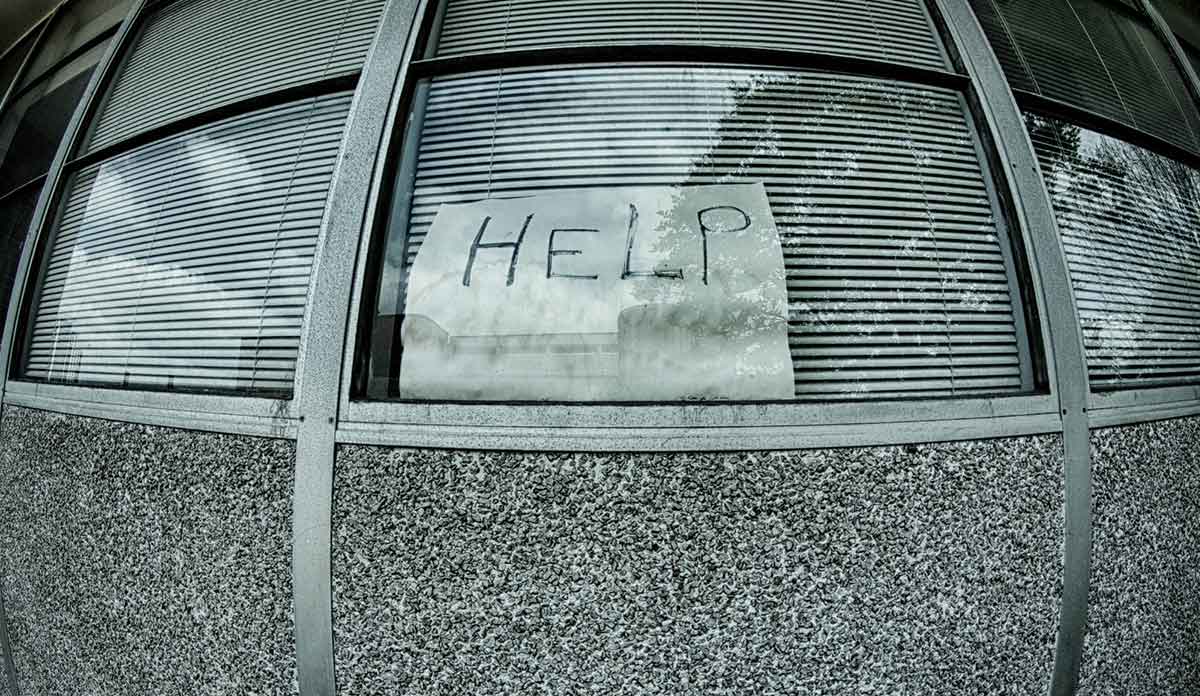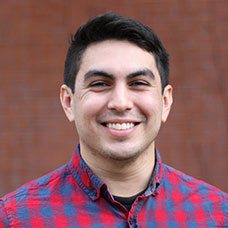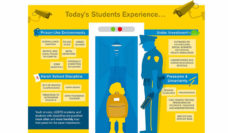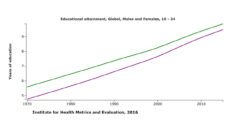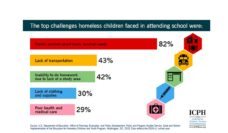The Prison Policy Institute reports that as of 2016, 34,000 youth are incarcerated and 20,000 more are in ‘residential facilities.’ Jay Blitzman of Harvard Law School recently wrote that there are “unintended consequences of [incarceration] that have adversely affected our most vulnerable youth and exacerbated racial disparities in the juvenile and child welfare system.” Diversion programs, which are intervention programs intended to divert people away from the criminal justice system, are needed to avoid a system that has a 84.1% recidivism rate for people 24 years and younger.
A recent nationwide poll found that 87% of respondents agree that “those with mental illness should not be in prison, they belong in treatment facilities.” Few programs exist to tackle the issue of people with mental illness ending up in prison instead of treatment. One unique Boston-based diversion program is making strides to improve access to and coordination of mental health services for kids with complex, unmet mental health needs: the Mental Health Advocacy Project 4 Kids program (formerly J-MHAP) established by Health Law Advocates and directed by senior staff attorney Marisol Garcia.
Garcia notes that in her experience, a plurality of kids in the juvenile justice system could be elsewhere if they would have had their mental health needs met. In fact, the MHAP4Kids project was started when a juvenile court judged approached HLA to say that too many kids in her court with mental health issues should not be there at all.
Garcia notes that in her experience, a plurality of kids in the juvenile justice system could be elsewhere if they would have had their mental health needs met.
Avoiding the System All Together
In 2015, the Massachusetts Juvenile Court Chief Justice Amy Nechtem praised J-MHAP as an example of a successful program. MHAP4Kids advocates for services on behalf of youth with unmet mental health needs, gets them services and greatly impacts their life by not only diverting them away from the criminal justice system, but giving them the backing and foundation to flourish in society.
MHAP4Kids, like HLA generally, is a pro-bono program that serves low-income kids and their families. A baseline evaluation is done at program entry to mark a starting point relative to which improvement in specified goals can be measured. MHAP4Kids helps secure not just proper mental health care, but also specialized school placement and special education placement among other things. Evaluation of the program by Trish Elliott and Emily Feinberg of Boston University shows that 81.4% of those goals were met in 2015. Health-related reasons for missing school went down drastically. Depression rates of children and their parents greatly improved.
The program appoints a mental health advocate (MHA) who manages the case and coordinates services for the child. The MHAs are lawyers who use every tool at their disposal to ensure the best outcome for their kids. MHAP4Kids is moving program operations from the juvenile courts to the Massachusetts Family Resource Centers in order to improve program accessibility. Garcia noted, “Some of the feedback that we got…from different stakeholders is that if we’re a juvenile diversion program then why do families have to come to the juvenile court to access our service?” Adaptation and improvement done in light of evaluation has been an important part of MHAP4Kids’ resilience and growth through the years. The move to the resource centers differentiate the program from other diversion programs, such as the Dhar Law diversion program or the Robert F. Kennedy Children Action Corps DDAP program. The other programs are still successful and needed in their own right.
Moving Forward
A public health focus on prevention requires developing upstream approaches that coincide with criminal justice reform. State Sen. Eileen Donoghue recently said that J-MHAP would be “”a hallmark and a trailblazer for the entire country.” Juvenile courts and community resource centers can take up this model to ensure kids with unmet mental health needs can lead happy, healthy lives.
Feature image: Randall Pugh, West Dallas juvenile detention center Houston Texas HDR, used under CC BY-NC 2.0/cropped from original









